What to Eat and Drink After Food Poisoning: Helpful Tips
When you’re getting over food poisoning, it’s key to know what to eat and drink. A good food poisoning recovery diet can really help. You should aim to eat foods and drinks that replace lost nutrients and electrolytes.
Knowing what to eat and drink after food poisoning is vital for recovery. You want to calm your stomach, replace lost fluids, and support your body’s healing. In this article, we’ll look at the best foods and drinks for recovery.
Table of Contents
Understanding How Food Poisoning Affects Your Body
Food poisoning changes your body in many ways. A good food poisoning recovery diet is key to quick recovery. It should include the best foods after food poisoning that are easy on your stomach and give you the nutrients you need.
Knowing the symptoms of food poisoning and how they affect digestion is important. Symptoms like nausea, vomiting, diarrhea, and stomach cramps are common. A proper food poisoning recovery diet can ease these symptoms and help your body heal.
Common Symptoms and Their Impact on Digestion
The symptoms of food poisoning can be tough to deal with. But, knowing how they affect digestion helps you manage them better. Eating the best foods after food poisoning can help your digestion and lessen symptoms.
Why Proper Nutrition Matters During Recovery
Good nutrition is crucial when recovering from food poisoning. A well-thought-out food poisoning recovery diet can replace lost nutrients and support healing. Including the best foods after food poisoning in your diet helps your body recover faster.
The Stages of Food Poisoning Recovery
Recovering from food poisoning goes through several stages. Knowing these stages helps you make better diet and lifestyle choices. A food poisoning recovery diet with the best foods after food poisoning supports your recovery and lowers the risk of complications.
| Stage | Symptoms | Dietary Recommendations |
|---|---|---|
| Initial Onset | Nausea, vomiting, diarrhea | Stay hydrated, eat bland foods |
| Recovery Phase | Stomach cramps, fatigue | Incorporate best foods after food poisoning into your diet |
| Rebuilding Phase | Improved digestion, increased energy | Gradually introduce solid foods, maintain a balanced diet |
The Importance of Hydration After Food Poisoning
When you are poisoned by food, your body loses important fluids and electrolytes. This makes hydration after food poisoning very important for getting better. Dehydration can make symptoms worse and slow down recovery. To rehydrate after food poisoning, you need to drink the right things to replace lost fluids and electrolytes.
Here are some tips to help you rehydrate after food poisoning:
- Drink small, frequent amounts of fluid to avoid overwhelming your stomach
- Choose electrolyte-rich beverages, such as sports drinks or coconut water, to help replace lost electrolytes
- Avoid caffeinated and carbonated drinks, which can exacerbate dehydration
Some of the best drinks to consume during recovery include:
| Drink | Benefits |
|---|---|
| Electrolyte-rich beverages | Replenish lost electrolytes and help regulate fluid balance |
| Clear broths | Provide essential fluids and electrolytes without irritating the stomach |
| Herbal teas | Soothe the stomach and help with hydration after food poisoning |
Remember, hydration after food poisoning is key to a speedy recovery. By following these tips and drinking the right drinks, you can help your body recover from food poisoning and get back to normal.
Best Liquids to Consume During Recovery
When you’re getting better from food poisoning, it’s key to choose the right liquids. Drinks rich in electrolytes can replace lost salts and minerals. Also, natural fluids help rehydrate your body. Drinking lots of fluids is important to avoid dehydration and help your body heal.
Electrolyte-rich drinks like sports drinks and coconut water are great. They replace lost electrolytes like sodium and potassium. These are important for keeping the right balance of fluids in your body. Water and clear broths are also good, as they help rehydrate without stressing your stomach.
Electrolyte-Rich Drinks
Drinks rich in electrolytes are great for replacing lost salts and minerals. Some popular ones are:
- Sports drinks, such as Gatorade or Powerade
- Coconut water, a natural source of electrolytes
- Electrolyte-rich beverages, like Pedialyte or Nuun
Natural Hydration Options
Natural fluids are also key for recovering from food poisoning. Good choices include:
- Water is the best drink for rehydrating
- Clear broths, like chicken or vegetable broth
- Herbal teas, such as peppermint or ginger tea
| Drink | Electrolyte Content | Hydration Benefits |
|---|---|---|
| Sports drinks | High | Replenishes lost electrolytes and fluids |
| Coconut water | High | Replenishes lost electrolytes and fluids, natural source of potassium |
| Water | Low | Rehydrates the body, flushes out toxins |
Adding these liquids to your diet can help your body recover from food poisoning. It can also lower the risk of serious problems.

What to Eat and Drink After Food Poisoning: The First 24 Hours
When you have food poisoning, it’s key to focus on post-food poisoning nutrition and staying hydrated. In the first 24 hours, your body is healing. You should eat and drink things that help replace lost nutrients and salts.
Start with small, easy-to-digest foods like crackers, toast, and plain rice. Try drinks that are full of electrolytes, like coconut water or sports drinks. Here are some tips:
- Choose foods that are low in fat and fiber to minimize digestive discomfort
- Avoid spicy, fatty, or high-fiber foods that can irritate your stomach
- Opt for small, frequent meals to help manage nausea and vomiting
- Stay hydrated by drinking plenty of fluids, including water, clear broths, and electrolyte-rich beverages
By following these tips and focusing on what to eat and drink after food poisoning, you can help your body recover. Listen to your body and adjust your diet as needed. If your symptoms don’t get better or get worse, see a doctor.
| Food/Beverage | Recommended | Not Recommended |
|---|---|---|
| Electrolyte-rich beverages | Coconut water, sports drinks | Caffeine, carbonated drinks |
| Bland foods | Crackers, toast, plain rice | Spicy, fatty, or high-fiber foods |
Gentle Foods to Start Your Recovery
When you’re getting better from food poisoning, it’s key to start with foods that are easy on your stomach. The BRAT diet is a good choice because it’s gentle and doesn’t upset your stomach much. It includes bananas, rice, applesauce, and toast.
Start with small amounts of these foods and slowly increase them as you feel better. Other good options are plain crackers and clear broths. Avoid foods that are spicy, fatty, or high in fiber, as they can make your stomach worse.
Benefits of the BRAT Diet
The BRAT diet is a gentle way to start feeling better. The foods in it are low in fiber, protein, and fat, making them easy to digest. Bananas are a good source of potassium, which you lose when you vomit or have diarrhea.
Rice helps firm up your stool, while applesauce is low in fiber and can calm your stomach. Toast can help soak up stomach acid and reduce nausea.
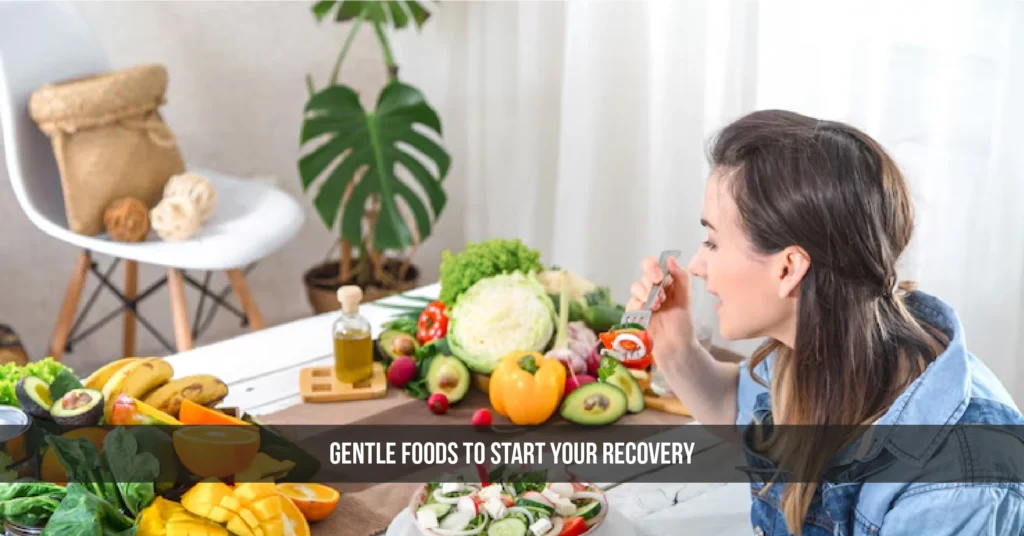
Portion Sizes and Timing
When you start eating again, it’s important to eat small amounts at first. Start with 1-2 tablespoons and gradually increase as you get better. Eat small, frequent meals at first, then increase the size and frequency as your symptoms improve.
| Food | Portion Size | Frequency |
|---|---|---|
| Bananas | 1-2 slices | Every 2-3 hours |
| Rice | 1/4 cup | Every 2-3 hours |
| Applesauce | 2-3 tablespoons | Every 2-3 hours |
| Toast | 1 slice | Every 2-3 hours |
Listen to your body and adjust your eating as needed. If you feel worse or uncomfortable, talk to a healthcare professional for advice.
Nourishing Foods to Rebuild Your Strength
After food poisoning, it’s key to eat nourishing foods for food poisoning to regain strength. These foods are vital for your body’s healing. Start with lean proteins like chicken and fish. They are full of amino acids that fix and grow tissues.
Also, add complex carbs like whole grains and fruits to your meals. They give lasting energy and help good gut bacteria grow. Don’t forget healthy fats like nuts and seeds. They’re packed with antioxidants and help your body absorb vitamins and minerals.
Some examples of nourishing foods for food poisoning include:
- Lean proteins: chicken, fish, and turkey
- Complex carbohydrates: whole grains, fruits, and vegetables
- Healthy fats: nuts, seeds, and avocados
Eating these foods to rebuild your strength helps your body heal faster. It supports a quick recovery from food poisoning.
Foods and Drinks to Avoid During Recovery
When you’re getting over food poisoning, it’s key to watch what you eat and drink. Some foods and drinks can make your symptoms worse and slow down your recovery. Make sure to drink lots of fluids like water, clear broths, and drinks with electrolytes.
It’s important to know which foods to avoid after food poisoning. Stay away from spicy, fatty, and high-fiber foods. These can upset your stomach and make your symptoms worse. Stick to foods that are easy to digest.
Common Irritants
- Spicy foods, which can irritate the stomach lining
- Fatty foods, which can slow down digestion
- High-fiber foods, which can be difficult to digest
- Caffeine and carbonated drinks, which can exacerbate dehydration
When to Reintroduce Regular Foods
When you start feeling better, you can slowly add regular foods back into your diet. Start with small, simple meals like crackers, toast, and plain rice. Listen to your body and stop eating if you feel any discomfort or pain.
| Food Type | Recommended Introduction Time |
|---|---|
| Bland foods (crackers, toast, plain rice) | 24-48 hours after symptoms subside |
| Low-fiber foods (bananas, applesauce, lean proteins) | 48-72 hours after symptoms subside |
| Regular foods | 72 hours or more after symptoms subside |
Remember, everyone recovers at their own pace. Be patient and don’t hesitate to get medical help if your symptoms don’t get better or get worse.
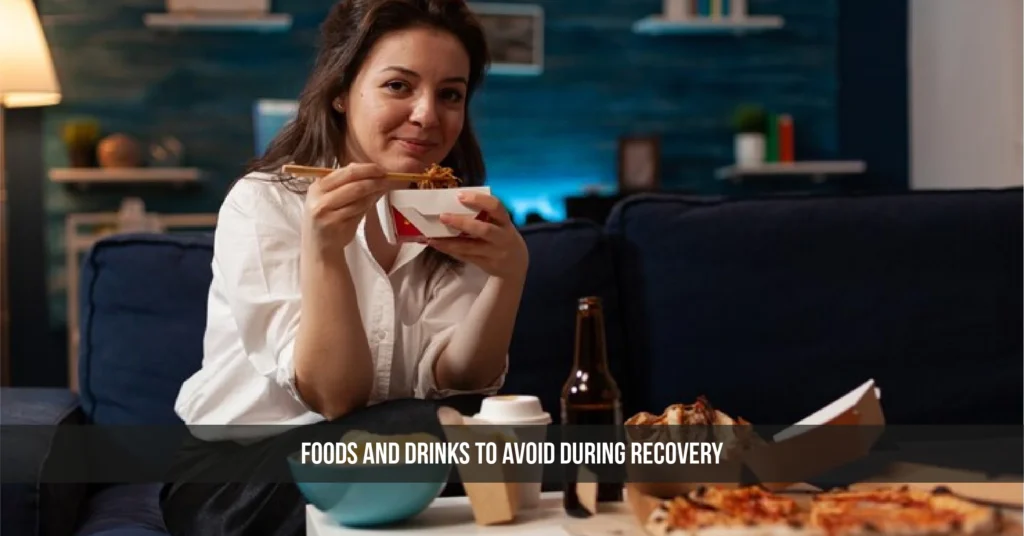
When to Seek Medical Help
Knowing when to seek medical help is key during your food poisoning recovery. Most cases can be managed at home. But, some need immediate medical care. Look out for severe vomiting, bloody stools, or dehydration signs like excessive thirst and dark urine.
Keep an eye on your symptoms during food poisoning recovery. Watch for warning signs of a serious condition. These include:
- Severe abdominal pain or cramping
- Fever above 101.5°F (38.6°C)
- Signs of dehydration, such as excessive thirst or dark urine
- Bloody stools or vomit
- Difficulty speaking, seeing, or walking
If you or someone you know shows these symptoms, get medical help fast. A doctor can guide you on the right treatment. This ensures a safe and effective food poisoning recovery. Remember, knowing when to seek medical help is crucial.
| Symptom | Severity | Action |
|---|---|---|
| Severe vomiting | High | Seek medical help immediately |
| Bloody stools | High | Seek medical help immediately |
| Signs of dehydration | High | Seek medical help immediately |
Conclusion:
Recovering from food poisoning takes time, patience, and the right food. Follow the tips in this article to help you get better. Stay hydrated and eat foods that are easy on your stomach. Watch for signs that you might need to see a doctor.
When you start eating your usual foods again, listen to your body. Be gentle with yourself and ask for help if you need it. With the right steps, you can beat food poisoning and feel healthy again.
Your journey to recovery shows your strength. Stay positive and take good care of yourself. By focusing on nutrition and staying hydrated, you’re on the path to feeling strong and living well.
Also Read: Vegan Protein Powerhouses: What Are the Best Sources?
FAQs
What are the best foods to eat after food poisoning?
The best foods to eat after food poisoning include bland, easy-to-digest options like bananas, rice, applesauce, toast (BRAT diet), plain crackers, and clear broths. These help calm the stomach and replenish lost nutrients.
How important is hydration during food poisoning recovery?
Hydration is crucial after food poisoning as vomiting and diarrhea can lead to dehydration. Drink electrolyte-rich beverages like sports drinks, coconut water, and clear broths to replace lost fluids and electrolytes.
What foods should I avoid after food poisoning?
Avoid spicy, fatty, high-fiber foods, caffeine, and carbonated drinks, as they can irritate the stomach and worsen symptoms. Stick to bland, easily digestible foods during recovery.
When should I seek medical help for food poisoning?
Seek medical help if you experience severe symptoms like persistent vomiting, bloody stools, high fever, signs of dehydration (excessive thirst, dark urine), or difficulty speaking or walking.
How can I reintroduce regular foods after food poisoning?
Gradually reintroduce regular foods starting with bland options like crackers, toast, and plain rice. Slowly add low-fiber foods like bananas and lean proteins, and monitor your body’s response to avoid discomfort.



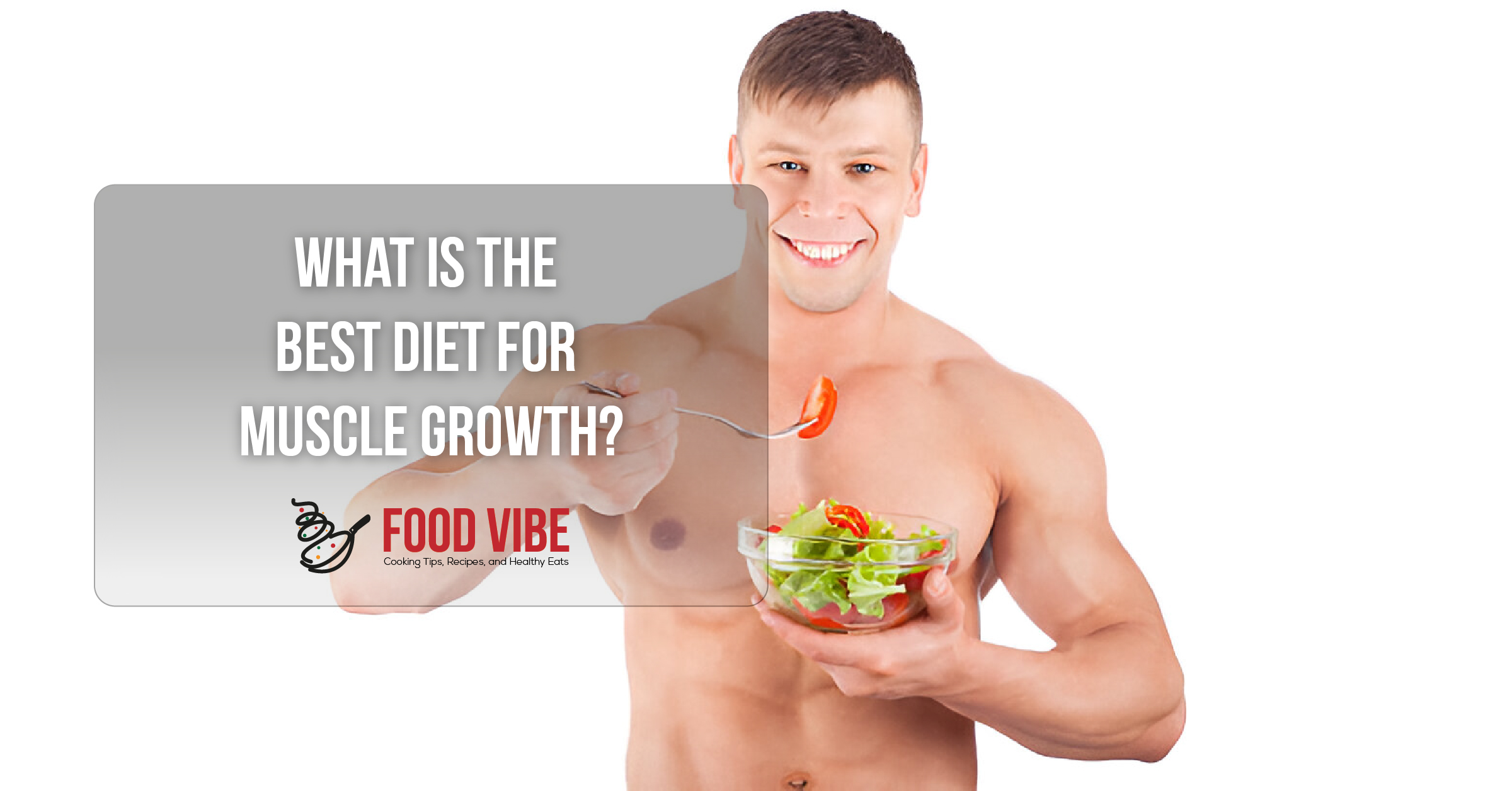

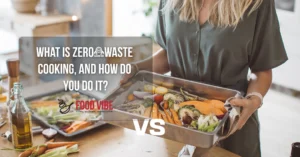
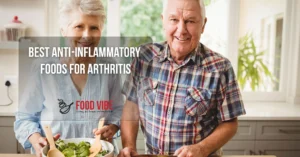

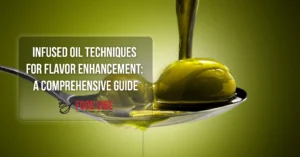


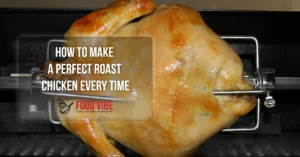
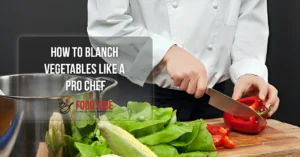

Post Comment